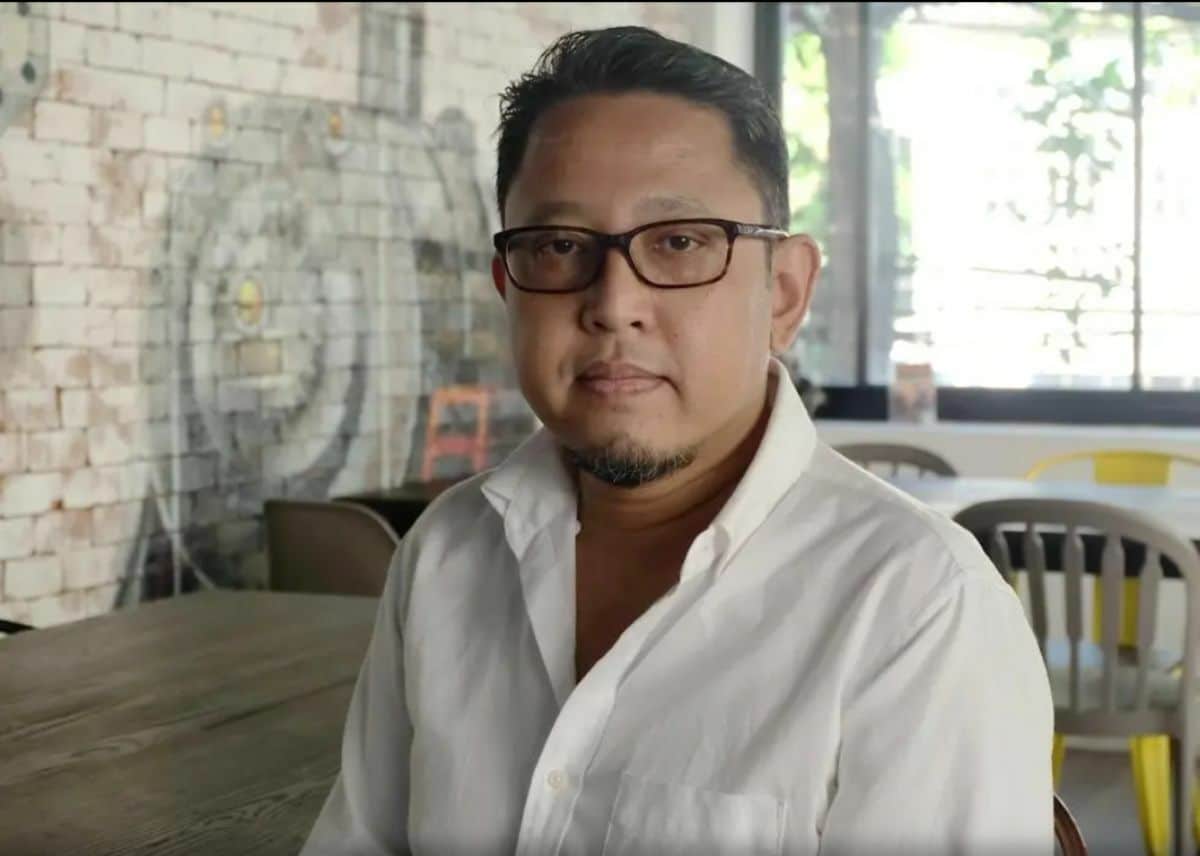Thailand’s UNHRC role challenged by human rights shortfalls, says advocate

As a newly elected member of the United Nations Human Rights Council (UNHRC), Thailand faces the need to elevate its human rights performance to align with international standards, according to a Thai human rights advocate.
Sunai Phasuk, a senior researcher at Human Rights Watch (HRW), discussed Thailand’s human rights situation on January 17 at the Foreign Correspondent Club of Thailand, prior to the release of HRW’s annual country report.
He expressed concerns that Thailand’s current human rights practices fall short of the standards necessary for its 2025 to 2027 UNHRC term.
Countries seeking membership in the council should already possess a strong track record in protecting human rights and have mechanisms in place to safeguard civil, political, and cultural rights. Most critically, their human rights practices should be consistently upheld.
Sunai noted that while Thailand campaigned for a UNHRC seat over the past decade, culminating in its October election, it should have concurrently worked on enhancing its human rights standards. Thailand’s term on the council began on January 1.
He referenced last year’s dissolution of the Move Forward Party (MFP) and the lifetime ban imposed on 44 of its MPs for attempting to reform the monarchy.

He also mentioned the death of political activist Netiporn Sanesangkhom, who died in prison during a hunger strike demanding bail rights for political detainees.
Sunai highlighted the increasing number of individuals convicted of sedition and lèse-majesté, often being denied bail.
Civil society has suggested incorporating lèse-majesté charges into an Amnesty Bill. However, support for this proposal is lacking in Parliament, leaving many political prisoners incarcerated.
He further stated that Thailand is obligated to adhere to the principle of non-refoulement under international human rights law. Nevertheless, political asylum seekers are frequently returned to their home countries, facing punishment, as seen in the recent cases of UNHCR-recognised Cambodian refugees.
He pointed out that Thailand invested significant effort in negotiating and lobbying for its UNHRC seat and is now celebrating its success, yet has not made genuine progress in improving its human rights record.
As reported by Bangkok Post, when questioned about how Thailand could enhance its human rights standards to justify its UNHRC membership, Sunai suggested that Thailand should undergo thorough scrutiny through UN mechanisms such as the Universal Periodic Review (UPR). Being evaluated by other member states could help Thailand identify areas in need of improvement.
Latest Thailand News
Follow The Thaiger on Google News:


























